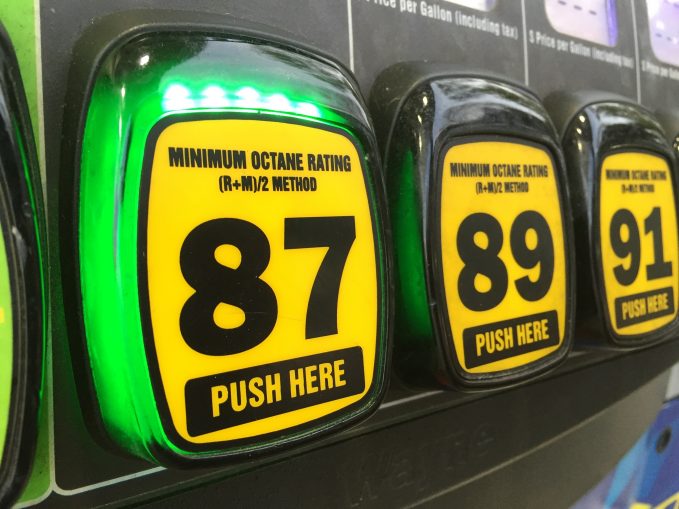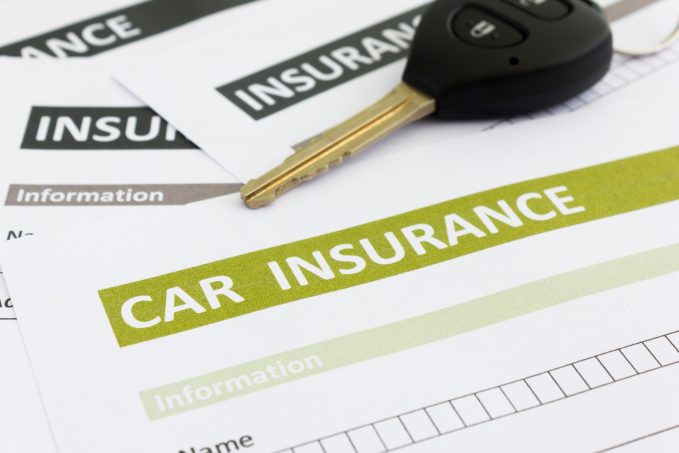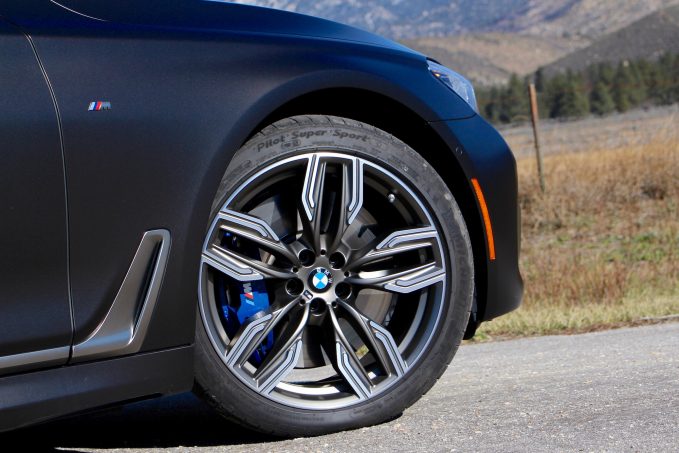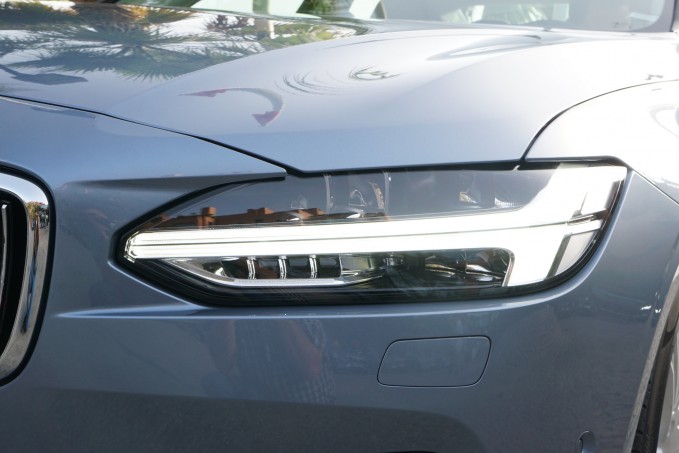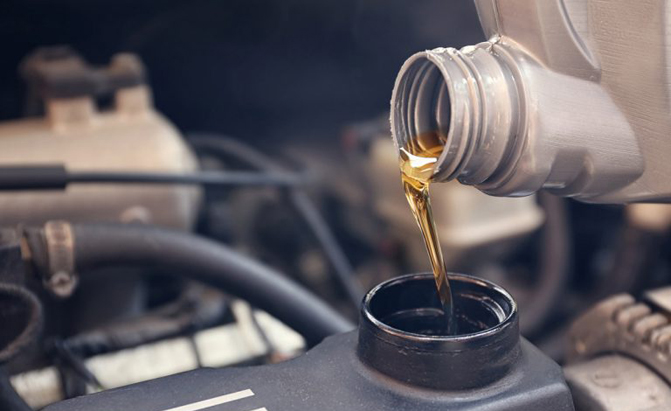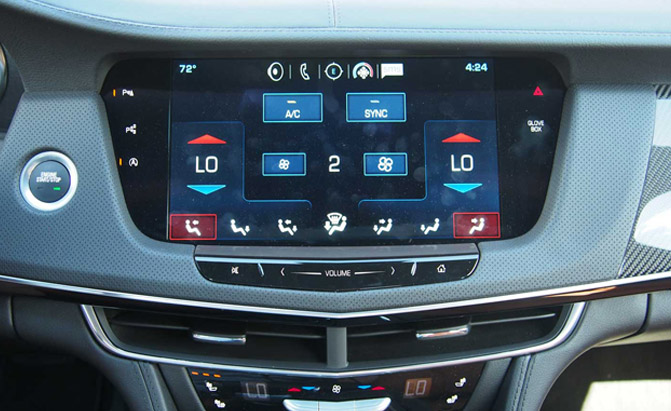Luxury cars are fancy, which makes them awesome. Even better? Thanks to the magic of depreciation, you can buy a used luxury car for a steal of a deal at just a few years old and with highly reasonable mileage.
Go for an older, higher-mileage machine, and you might even find a flagship luxury cruiser for what its original owner paid in tax. Or, maybe, you’re considering a brand new model from the showroom floor.
Whether you’re shopping a new or used luxury vehicle, being aware of all ongoing costs required to keep it ticking is a great idea. Nothing ruins your luxury car experience quite as bad as finding out after the fact that you can’t comfortably afford to keep it on the road.
Here are a few commonly overlooked costs associated with owning and running a luxury vehicle. Keep these in mind when laying out your new (or new-to-you) luxury motoring budget.
Fuel: If you’re moving from a Kia Forte into a BMW 3 Series, remember that you’ll likely be burning more fuel and a pricier fuel grade. Many luxury cars require premium fuel at every fill, meaning you’ll be paying a few bucks more to fill your tank. This adds up over time, adding to your running costs.
When considering your budget for a gas-fueled luxury car, be sure to determine what grade of gasoline it requires and budget to fill it with appropriate fuel every time. If you’re considering a BMW, Audi, Lexus, Mercedes, Acura, Volvo or any other luxury-branded car, chances are that it needs to be fed premium-grade gasoline. Though most luxury cars won’t be harmed by running cheaper “regular-grade” gasoline, doing so will reduce engine performance and fuel efficiency, sometimes drastically.
ALSO SEE: 8 Important Tips for Buying a Used Luxury Car
Insurance: Many variables come into play regarding insurance rates and insurance costs on a luxury vehicle may be more than a mainstream model. Trevor McVey is with Rivet Insurance Brokers Limited, in Sudbury, Ontario. He says “for a luxury car or higher-end vehicle, the insurance costs aren’t that much more than a regular car, but the big thing to look at is the deductibles the company will place on the Collision and Comprehensive coverages for the vehicle.”
Deductibles range from company to company, though shoppers should be on the lookout.
“Normally, the deductible is $500 to $1,000, but on a higher-valued vehicle, this could climb to $2,000 or more. Some companies also limit coverage to drivers over 25 years old,” McVey says.
“It’s one of those things — the shopper has to have their broker shop the market for the best rate and coverages. Sometimes, the online do-it-yourself quotes will look better, until you see the coverages and deductible amounts. Vehicle owner needs to make sure they’re aware of the coverages.”
Translation? When shopping for insurance, do your homework, and read the fine print, especially around deductibles.
Tires/Brakes: Many luxury cars roll on great big wheels wrapped in great big tires. Shoppers are strongly advised to check out replacement tire costs before they purchase, noting that new tires grow heavily in price as they approach and exceed 20-inches in diameter. Many a first-time luxury car driver gets a serious wallet shock the first time they visit the shop for replacement tires or a set of winter tires for their ride. Opting for a luxury car with more reasonably sized wheels and tries can cut your replacement costs and may even improve ride quality, too.
Luxury car braking system components, like pads and rotors, can also be considerably pricier than those used on mainstream cars when they eventually wear out. If the car you’re considering has the Sport Package or an upgraded braking system (for instance, with slotted rotors), expect to pay even more.
Do yourself two favors before buying that luxury car with great big wheels: first, check out replacement costs for tires, and second, assume the tires on the model you’re considering are worn out and need replacing until you or a mechanic proves otherwise.
Lighting: With many luxury cars running high-end xenon or LED headlight systems, nighttime illumination is top-notch — but so are replacement costs when the lighting system eventually requires new parts. Though xenon and (especially) LED headlights tend to have very long or nearly infinite service lives, costs can be many times higher than replacing a simple halogen headlight bulb should they fail prematurely.
Fluids/Maintenance: Look up the service schedule of the luxury car you’re considering and the price for each service before you buy. Many modern cars go many miles between tune-ups and fluid changes, but many a luxury car, and especially sportier ones, have shorter service intervals which may require more involved procedures and potentially pricey fluid replacements that relate to the transmission, differential, brake fluid, and more. Skipping factory-prescribed servicing is a great way to reduce vehicle reliability, resale value and overall lifespan — so be sure the servicing needs of the luxury vehicle you’re considering are affordable. As most luxury cars run a direct injection engine, regular fuel system and intake system cleaning may be required too, and owners are advised to never prolong or skip service routines.
Here’s a tip: assume the luxury vehicle you’re considering is overdue for all servicing and maintenance routines until you see service records proving otherwise. If you don’t, budget to have all due or overdue servicing completed, calling the costs into your pricing negotiations.
High-End Features: Do you need air-ride suspension? Soft close doors? A motorized trunk or tailgate? A panoramic sunroof? Features like these add a touch of “wow” to new luxury vehicles, though they can be prohibitively pricey to fix when they eventually wear down and need replacement. Consider avoiding a luxury car with features like these to reduce your long-term costs.







